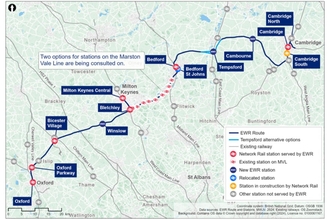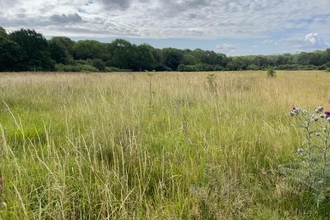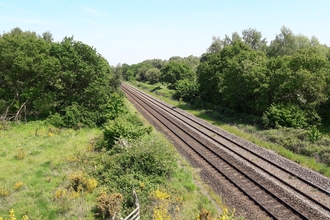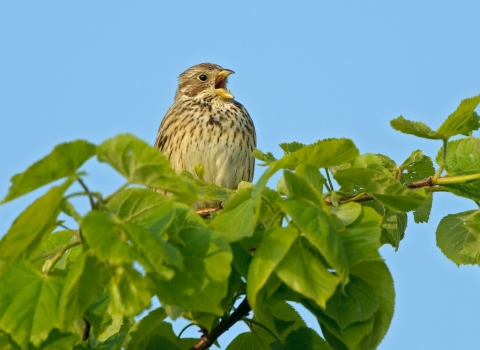Engaging with councils and other organisations on their medium- to long-term plans for development is a big part of our work behind the scenes here at the Wildlife Trust for Beds, Cambs and Northants.
Getting involved with decision-makers at the earliest opportunity is better for wildlife, as we can offer information on the choices that can then get built into these plans. Plans which avoid locating development in places where it will damage wildlife are then adhered to for a number of years after they are put in place. This then avoids the costly exercise of objecting to and campaigning against multiple developments, when the presumption is now in favour of the development (once it is included in a Local Plan). Of course compromises will always happen, but getting nature-friendly principles worked into the plans is fundamental to making any further improvements, and so we work on giving feedback and advice to try and embed these principles into local plans all over our three counties. (You can find out more about our work with planning on our website here.)
It is also important that the communities these Local Plans will impact are informed and have their say, too. The people that live and work in those areas must be given a chance to feed back on the proposals for development in their area, and help local authorities to improve their plans for people and for the causes those people find important.
Greater Cambridge Local Plan
The Greater Cambridge Local Plan first proposals document is currently out for consultation until 5pm on Monday 13th December. Based on feedback from the first consultation launched earlier this year, there is much to commend this initial draft with strong policies on biodiversity and green spaces, water efficiency standards, and climate change.
The Wildlife Trust BCN will be supporting many of the proposals including:
- the inclusion of the Cambridge Nature Network priority nature areas in the plan maps;
- policies aiming for a minimum 20% Biodiversity Net Gain from new developments;
- policies aiming for water efficiency standards of 80 litres per person per day for new buildings;
- and net zero carbon buildings.
(NB: If you're already slightly bamboozled by the terms and language used, we don't blame you. Check our our jargon buster for some explanations)
However, there are many complex issues that arise from these proposals that do need addressing in future drafts:
- How to provide water to the additional households. There will of course be concerns among some communities around the amount of new development proposed. The plan indicates that a shortage of water might constrain the speed at which the proposed number of new homes and employment sites can be delivered, however, it is not clear whether or how this might be achieved, and there remains a risk of further depletion of the chalk aquifer and drying up of chalk streams and wetlands. Issues which greatly affect our local wildlife as well as local people.
- Lack of provision of additional natural greenspace. The plan acknowledges the need for provision of additional strategic natural greenspace, but as yet no standards, detailed policies or mechanisms are proposed to deliver this.
This is a concern and is borne out by the failure to provide for strategic natural greenspace in the recently published North-east Cambridge Area Action Plan. This proposes a new community of over 8,000 homes and a population of over 16,000 people on the site of the Cambridge sewage treatment works and around Cambridge North station. However, the nearest strategic greenspaces at Milton Country Park and Stourbridge Common are full, and there are no proposals for the provision of additional large-scale greenspaces. If this continues this would represent a major failure of the planning system.
The Wildlife Trust BCN will be working with partner conservation organisations to promote allocation of the strategic natural greenspace and new habitats desperately needed, for a truly sustainable North-east Cambridge development.
Have your say
The consultation on these first proposals is open to members of the public until 13 December, and we would urge our supporters to engage with this process if they can, and help us to raise awareness of these issues. The more voices that are raised for the provision of green spaces for people and for wildlife, the better.





